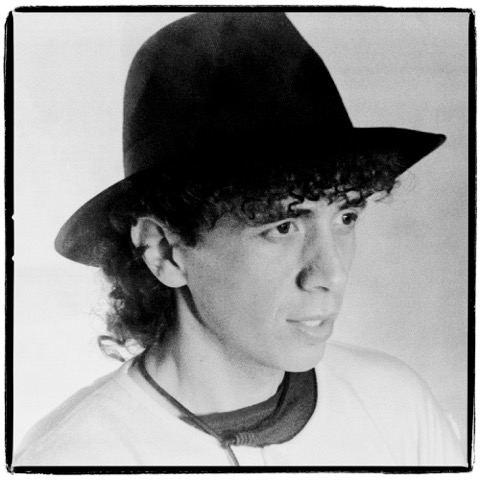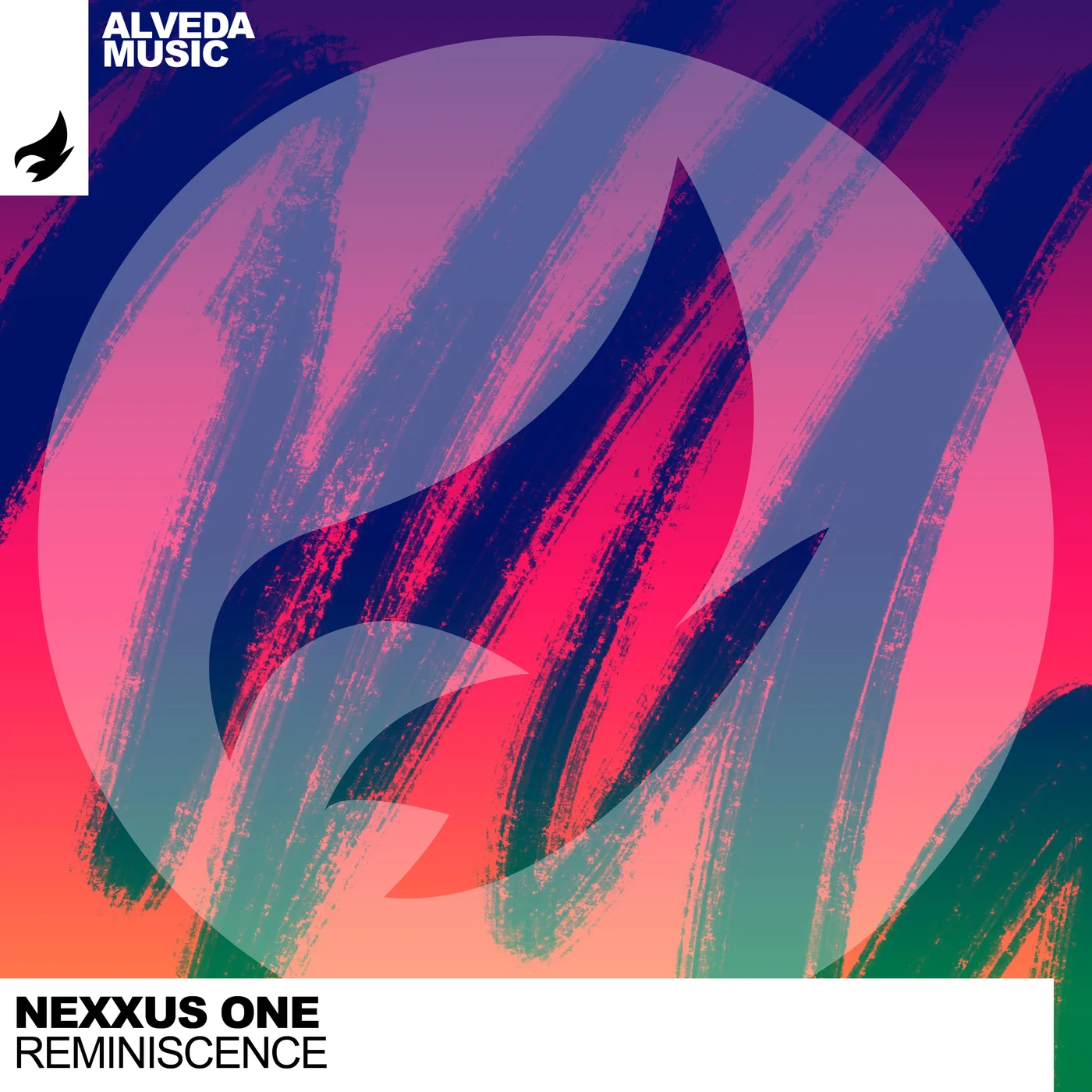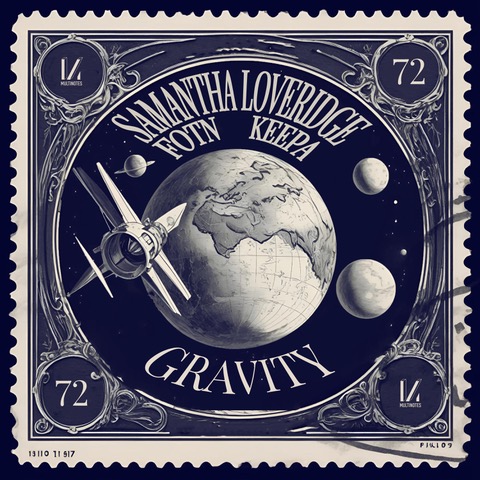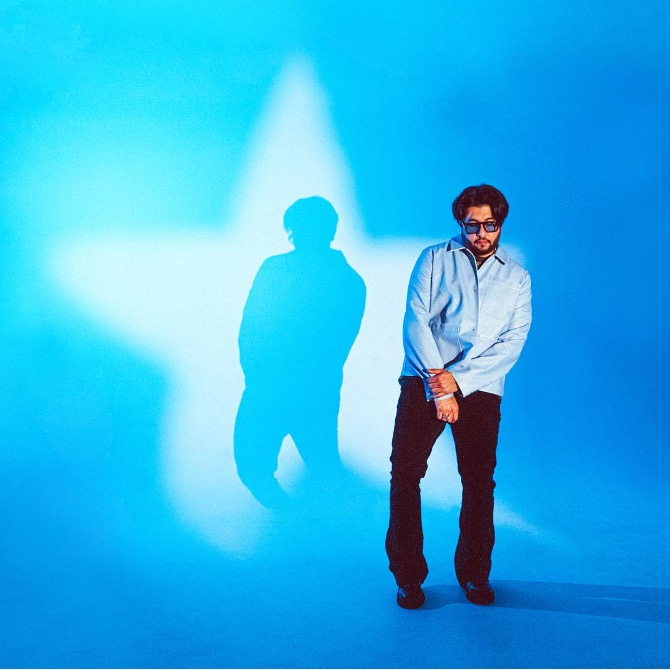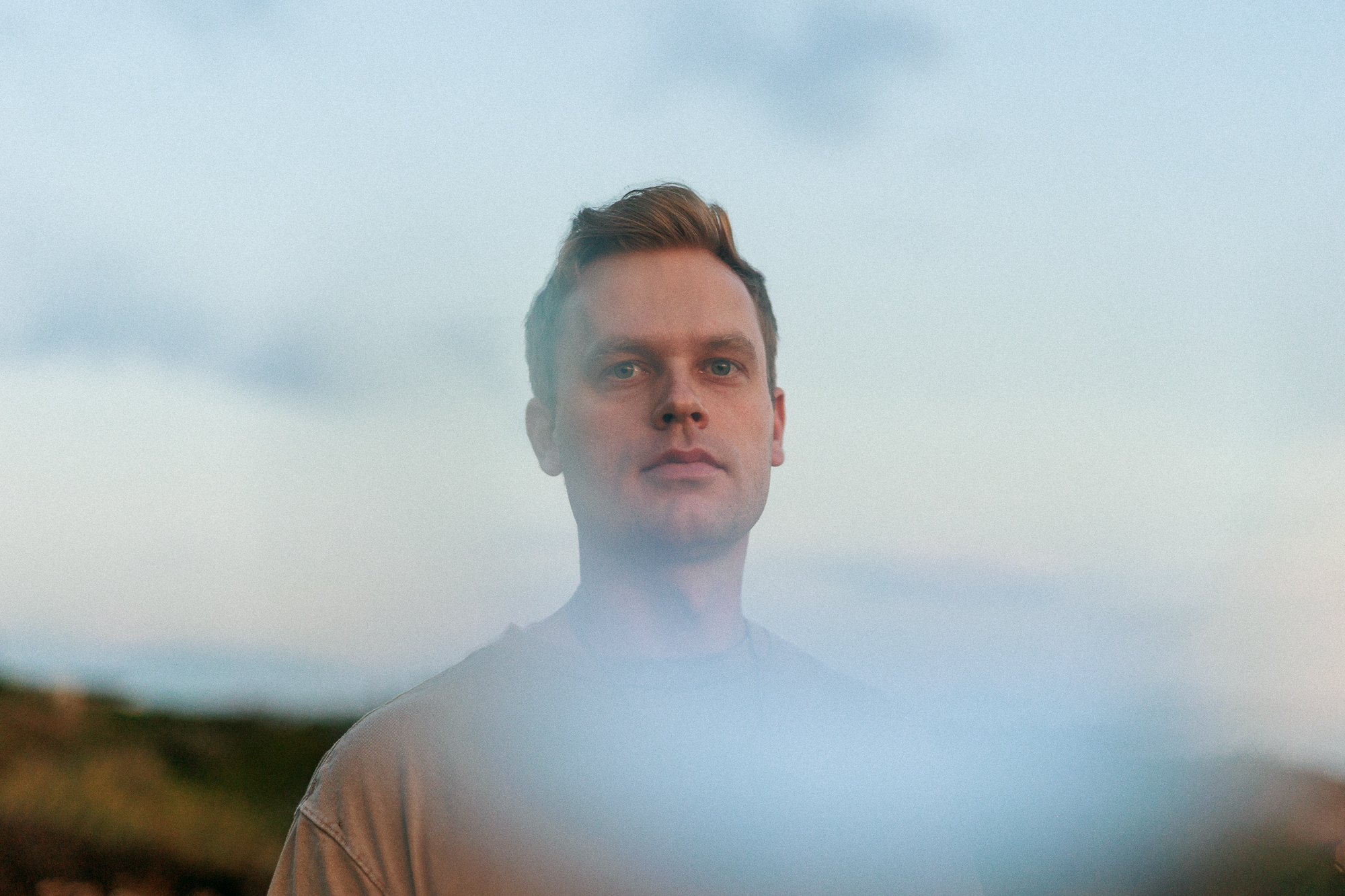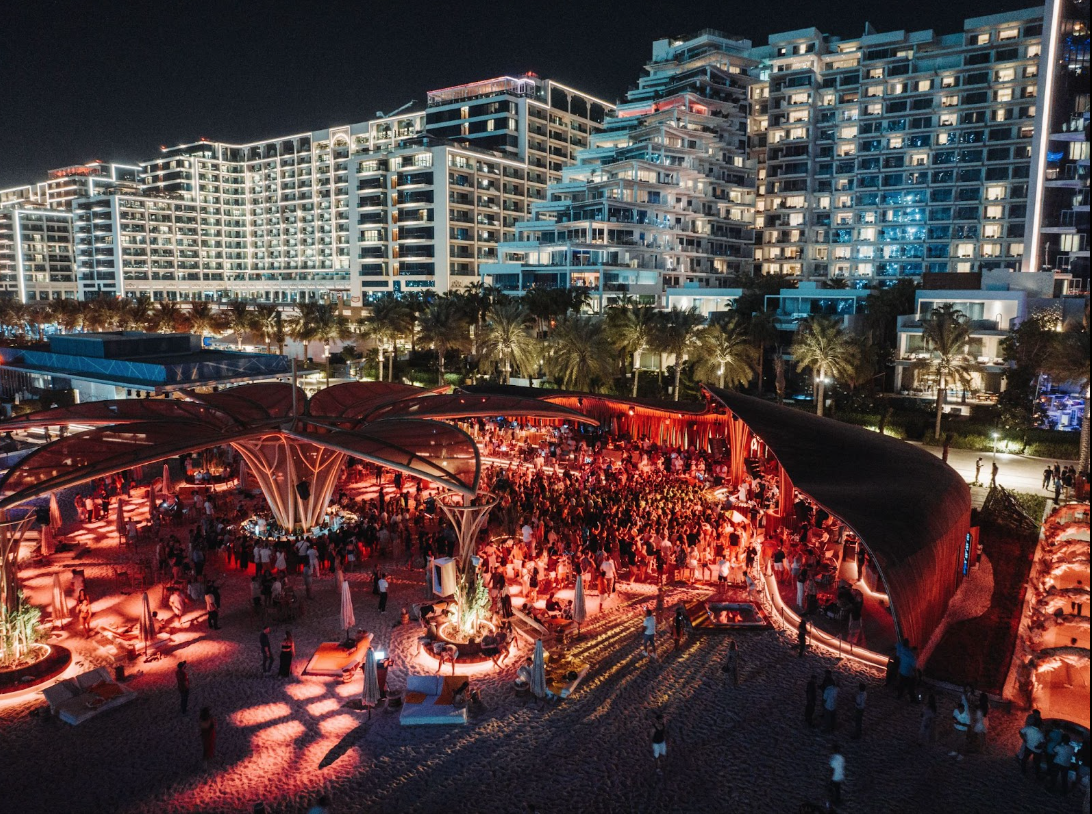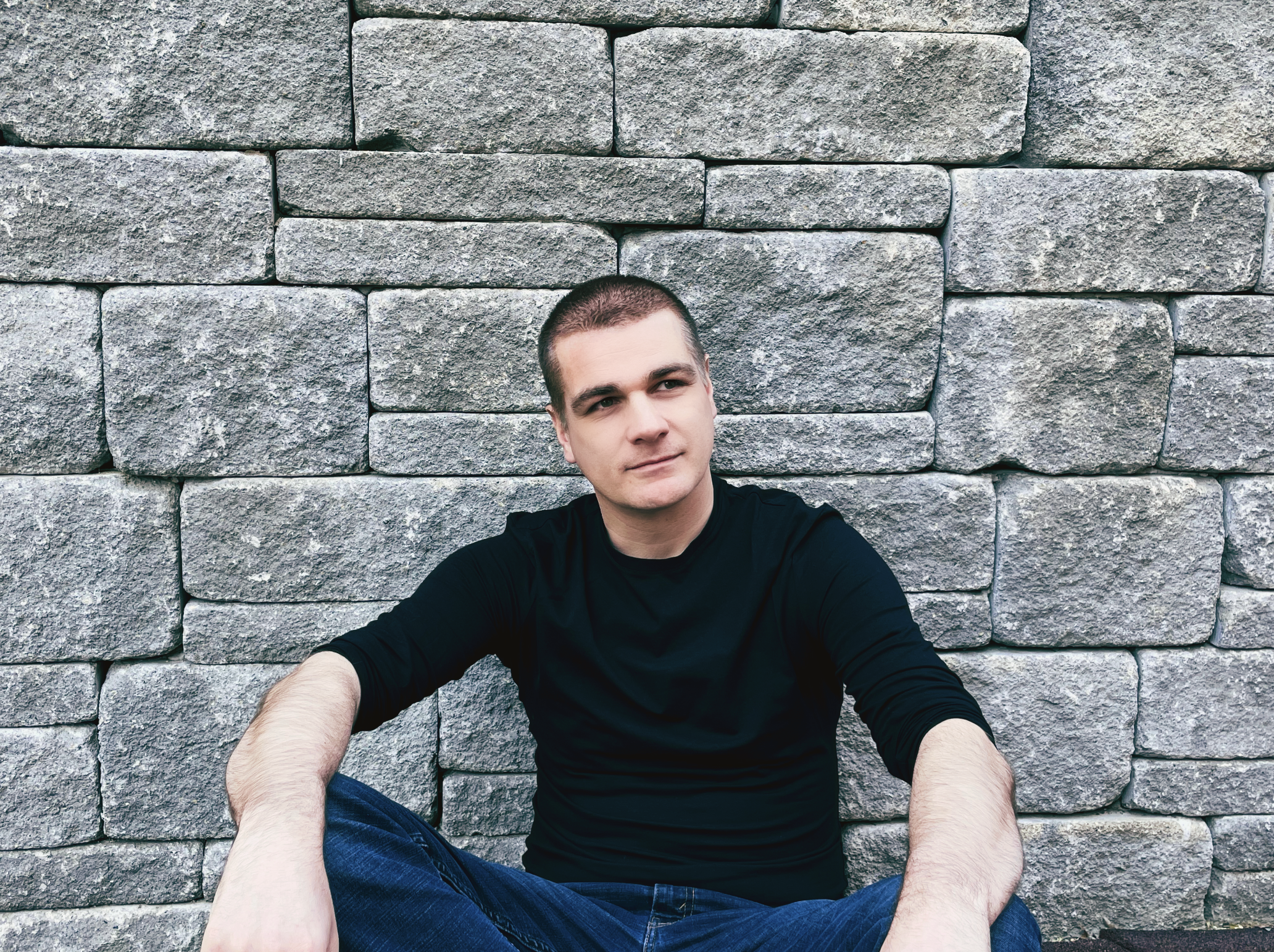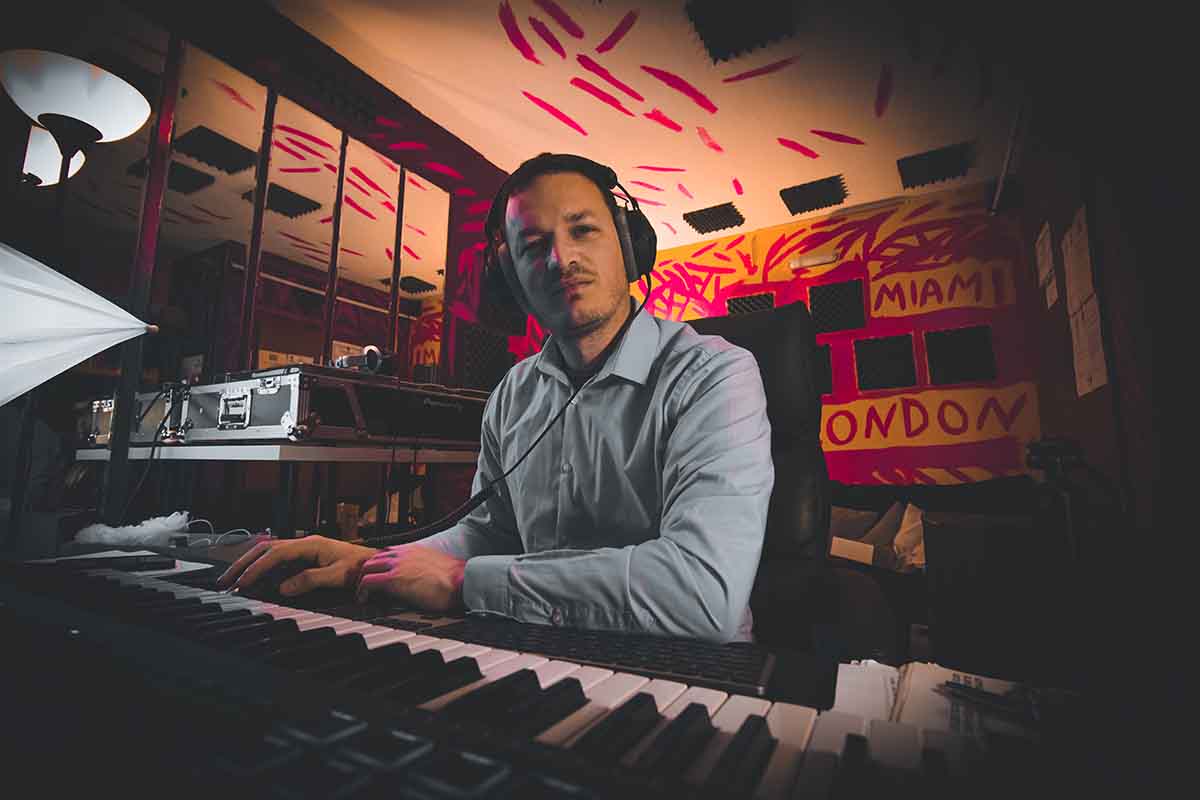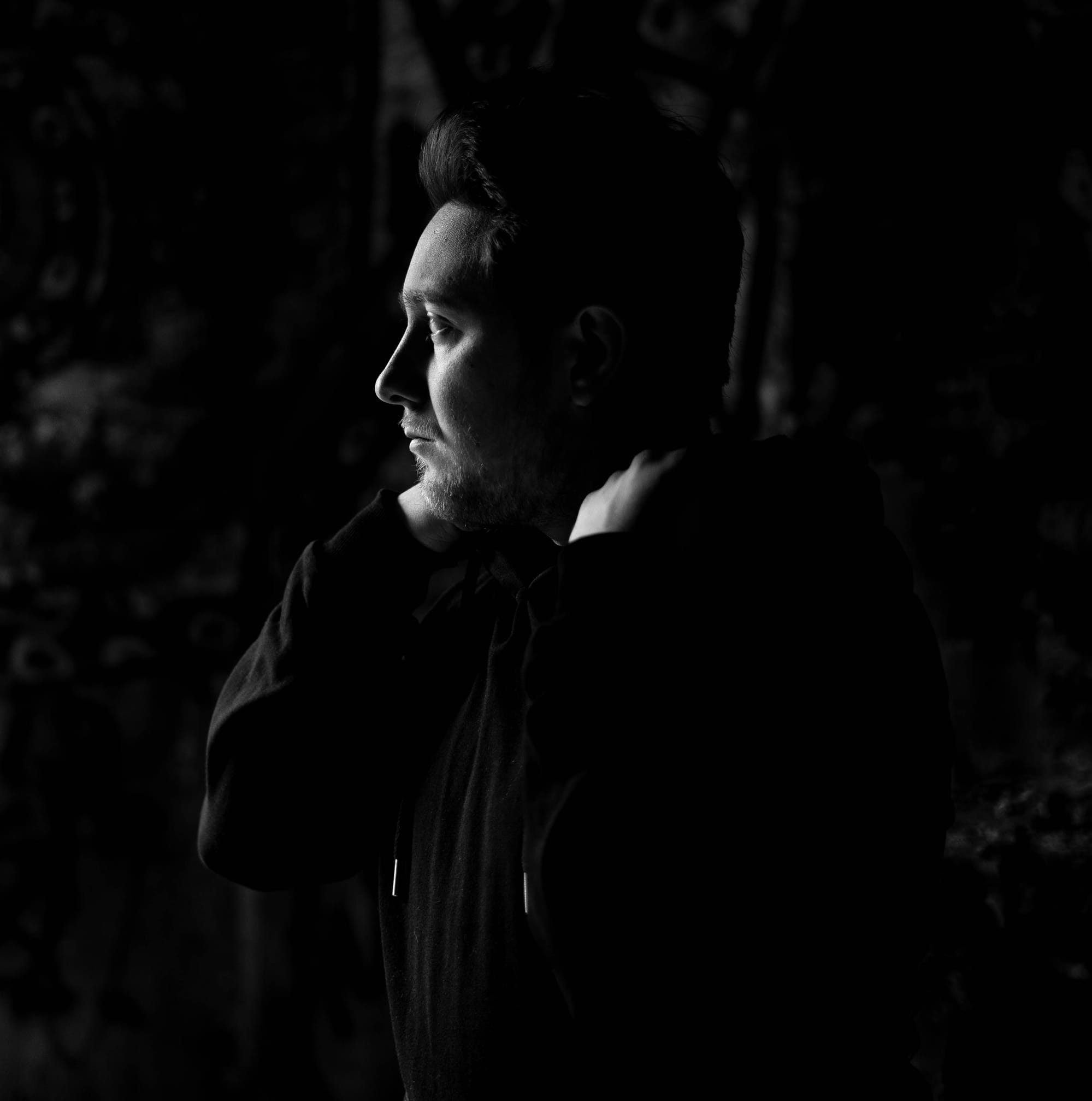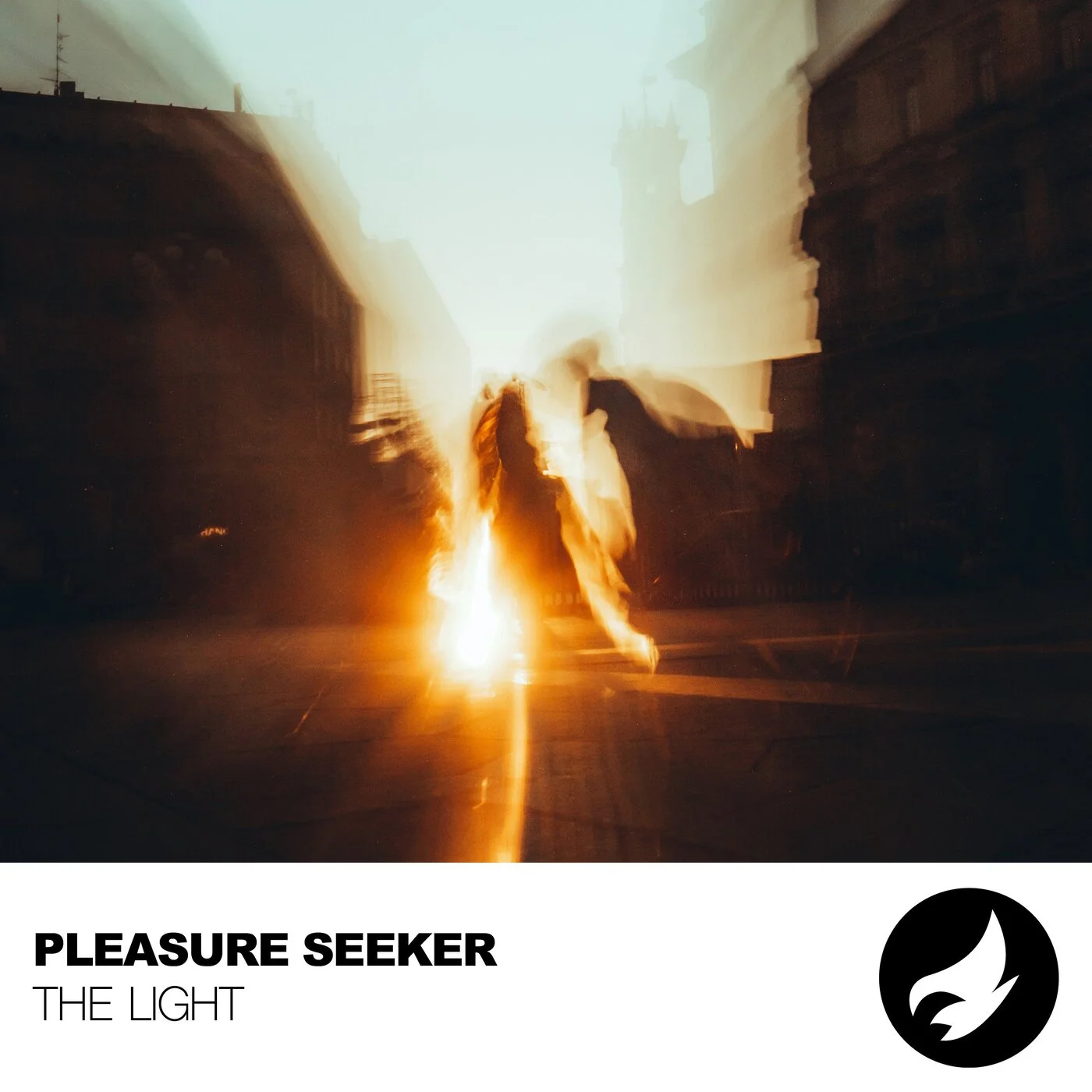“If Miss Monique is reading this—please, teach me your ways!” beat.pacific interview
Based in Las Vegas, beat.pacific is a producer known for his progressive, deep, and melodic house tracks. His music,
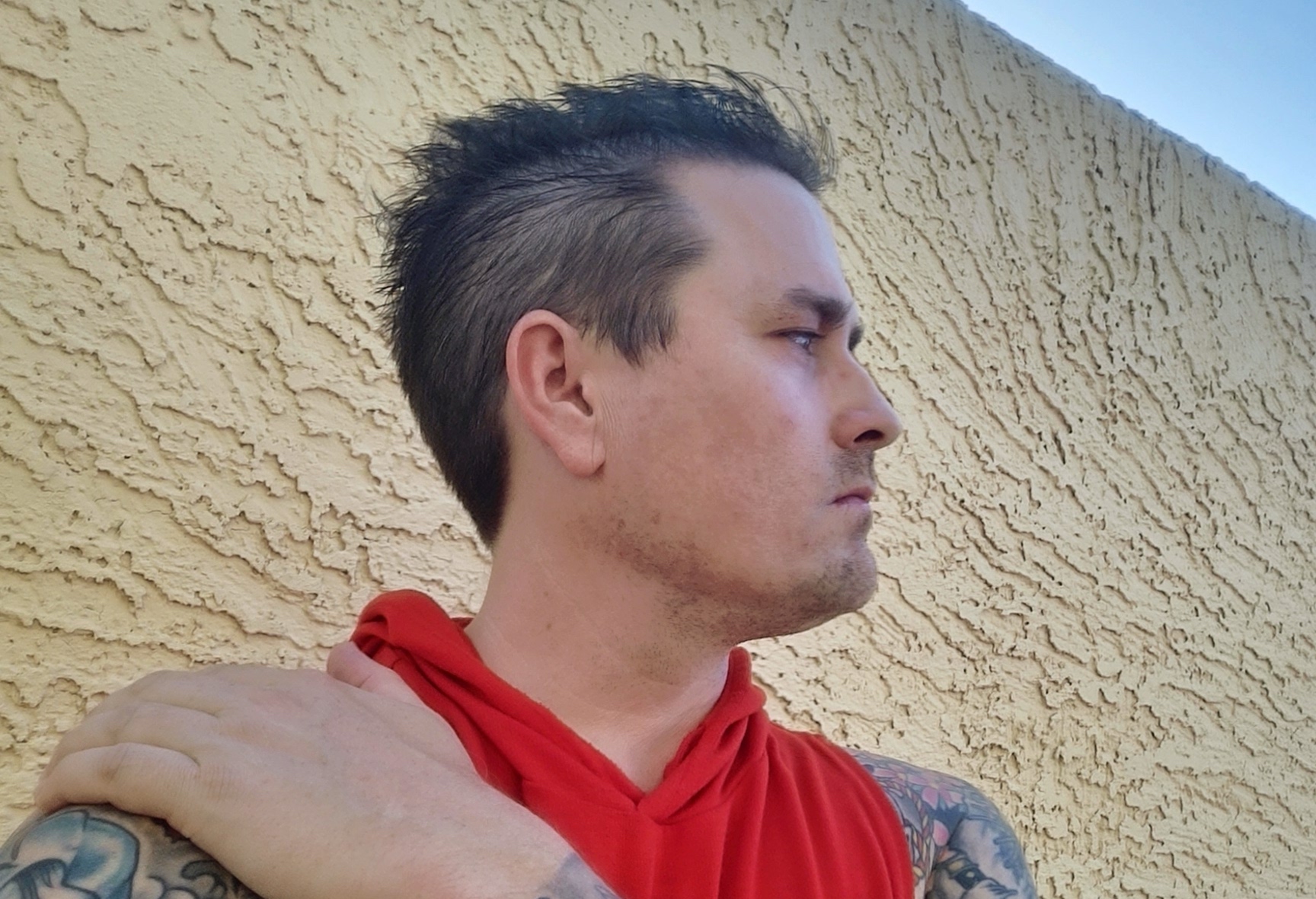
Based in Las Vegas, beat.pacific is a producer known for his progressive, deep, and melodic house tracks. His music, shaped by personal experiences and moments with his wife and four dogs, resonates with passion and depth. Drawing influence from Estevia, Miss Monique, and Paul Oakenfold, beat.pacific’s work is marked by rich melodies and evocative vocals, creating a journey of euphoric rhythms and soulful harmonies.
His latest single, See The Sun, is out now on Play Records.
How do you stay current with trends in progressive, deep, and melodic house music while maintaining your unique sound?
Listening to music with intent—rather than just consuming it—has been beneficial. When I load up a Ben Böhmer playlist, or Colorize, or Anjunadeep, I’m listening for elements I’d like to include in my tracks: basslines, bass sounds, transitions. I pay close attention to what’s being done on the technical side. As long as you’re not directly copying an arrangement or sound design elements, your unique sound will always shine through. I’m a sucker for a muted kick and a rolling bassline!
Can you walk us through a typical day in your life when you are in the midst of producing a new track?
I love this question because I often ask other producers the same thing. I try to get into the studio six days a week to hone my craft, with one day reserved for avoiding the DAW completely. When I’m developing an idea for a track and have it laid out, I like to go for a drive and listen to it—sometimes on repeat. I nitpick details I don’t like and feel inspired to develop sections that I do. My number one trick is to play the track while my wife is in the car and see if she says anything—she’s usually a good indicator of whether my track has potential. This process happens a few times before I lock myself in the studio for final mixdowns, preparing for feedback from my peers. Rinse and repeat. If Miss Monique is reading this—please, teach me your ways!
What role does technology play in your music production, and are there any specific tools or software you swear by?
I firmly believe that gear, software, and gadgets don’t define you as a producer. When I was just starting out, I thought having the best gear, the flashiest plugins, and the best computer would catapult me to stardom. These days, the technology I use most is the online community, which helps me get feedback, learn new techniques, and listen to others’ music to continually develop my ear. The only piece of software I truly swear by is FabFilter’s Pro-Q3. It’s such a powerful, intuitive, and visually appealing dynamic EQ. I also love using my TheoryBoard because my music theory isn’t up to snuff.
How do your live performances influence your studio work, and vice versa?
With respect to live performances, my only experience comes from many years as a singer in metal bands. On stage, I make a point of observing where the crowd is most engaged. You’d be surprised how they respond differently to various parts of a song. I try to remember these moments and translate them into my tracks in the DAW. A nasty, heavy breakdown in the middle of a metal song can electrify an entire room of people. I view this similarly to drops in an EDM track. This is where you want people moving, throwing their hands in the air, and feeling the hairs on their arms stand up. Emotionally charged sections can define a leading artist.
What challenges do you face as a producer in the competitive electronic music scene of Las Vegas?
The foremost challenge is the saturated market of home producers, combined with the global talent present in Las Vegas. Every weekday, it’s Steve Aoki, Tiësto, The Chainsmokers—I could go on and on. It’s challenging to get your unknown music out there when so many people are consuming the greats and legends who also happen to be playing at top clubs like Hakkasan at MGM. Standing out in the ever-growing sea of producers is another challenge—trying to sound unique without alienating listeners with music that’s too different. But at the end of the day, I’m making music that resonates with me, and I hope others out there share my tastes.
How do you ensure your music connects with both new listeners and long-time fans?
Keeping in tune with the global house scene is essential. That said, there’s much to learn from older producers, the ones who brought us here. Listening to the old greats like Oakenfold, Sasha & Digweed, DJ Irene, Dave Ralph—they were instrumental in bringing EDM to the mainstage, and boy did they succeed. Some of those albums are being reintroduced today to significant effect. But it’s important not always to follow the crowd in the new music scene. While most people consume music passively, some use it as a soundtrack to their lives. A lot of music is quickly forgotten. At the end of the day, it’s about listening to your fans and having real conversations with them. I feel that most major artists don’t have those conversations on a personal level, perhaps due to their schedules and workload. It’s something I’d like to keep doing.
What future projects or collaborations are you most excited about?
This one hits home. While I was planning to focus on collaboration with other producers in the scene (please, if you want to collaborate—shoot me an email!), I’m most excited about collaborating with my kids. My wife and I are blessed to be bringing twins into the world, and I’m thrilled at the prospect of getting them interested in music atup enjoying and producing electronic music? To be able to collaborate with them on their music would be amazing—perhaps even cooler than collaborating with Tiësto, Skrillex, or Miss Monique (though I wouldn’t turn down those opportunities!).
In what ways do you see the electronic music scene evolving, and how do you plan to adapt to these changes?
The biggest change on the horizon is the integration of AI into the production scene. Unfortunately, this will likely push some producers out as AI continues to improve and becomes more accessible to larger artists with established followings and career trajectories. While I neither fully agree nor disagree with this trend, I sense that true artistry within the EDM scene might become diluted for a while. However, I plan to keep an eye on these developments to see if there’s a way to incorporate AI into my music without letting it take over the creative process entirely. I also foresee different genres evolving in a manner similar to the way dubstep did since its inception. I suspect that pop music superstars and international EDM producers will need to collaborate more closely. The future of music is electronic, and the future is now!

